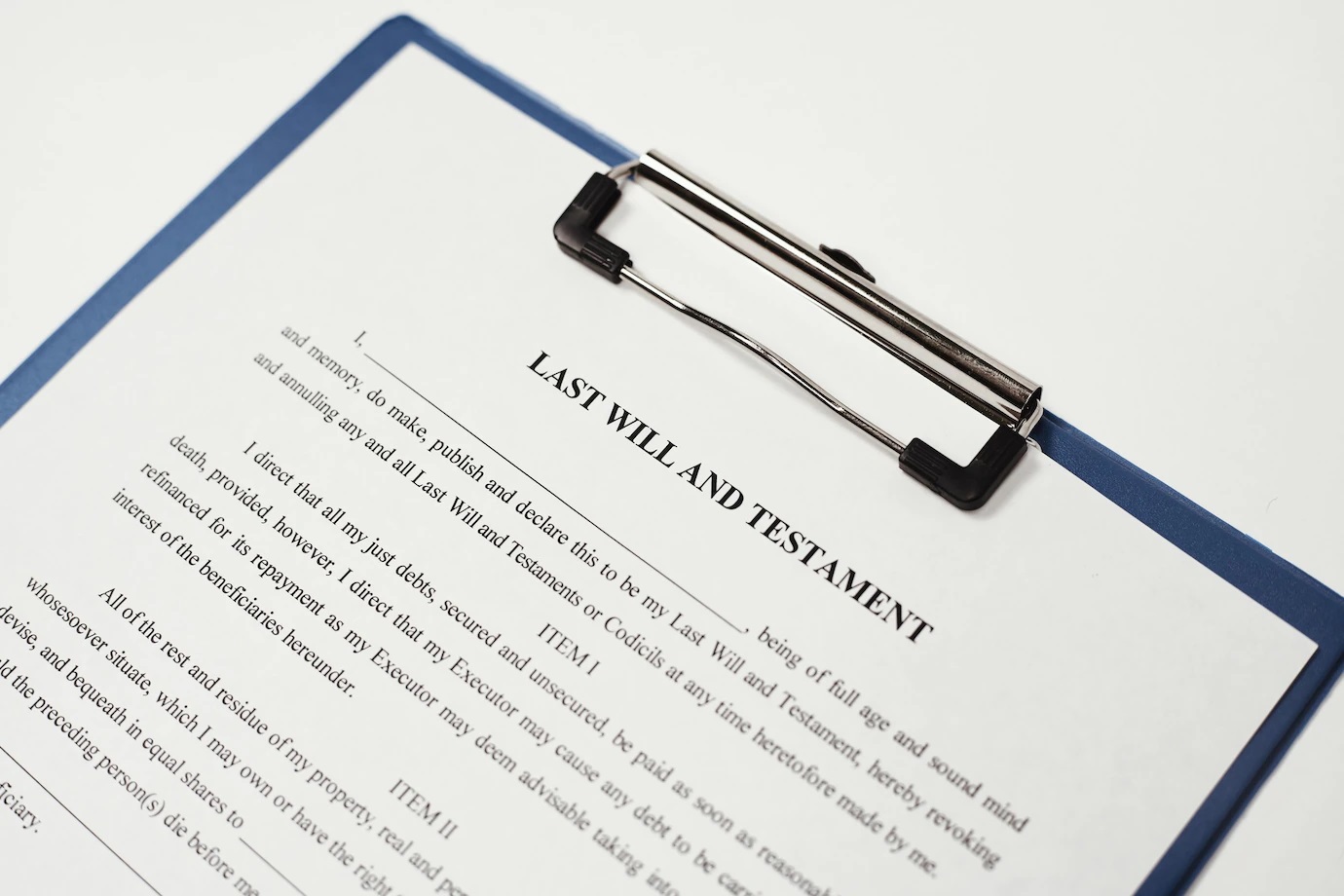It’s quite common to see people frequently mixing up wills and estate planning. This could be forgiven. But on second thought, ignorance should not always be a convenient excuse.
First of all, it is interesting to note that a will is a legal document that specifies how you want the things that make up your estate to be dispersed when you eventually pass away. While an estate plan contains many things including a will.
The Big Difference…
More than instructing how your assets are allocated after death, an estate plan lays out your inherent wishes for how your family should handle not only your financial matters but also your medical care if or when you become unable to care for yourself or eventually pass away.
An estate plan also includes provisions for the care and financial support of your spouse, children, or other people who depend on you after your passing. Why all these? To ensure quick and orderly disposal of your assets. Plus, it cuts down on estate taxes.
This is just the basic things to know on wills and estate in Campbelltown planning.
In this article, we will discuss how a will fits into estate planning and how it differs from other types of legal papers.
Estate—What is it?
A good of people are well aware that when they pass away, they leave behind what is known as an “estate”. But, the right question is what exactly is in your estate? Well, an estate is just all you own in this world. In includes your possessions, automobile, life insurance, investments, your house, real estates, saving accounts, etc.
Also, you may expect some of your debts collected from your estate after you pass away which might dramatically lower the value of your estate.
To put it succinctly, if your debts exceed the value of your estate, there won’t be any assets left over for your estate plan to distribute. The debts will cancel out all your assets.
Fortunately, your family members won’t often be held accountable for your outstanding obligations if there isn’t enough in the estate to cover them.
This is another distinction between wills and estate planning.
Final Wills & Testaments
By now, you know what wills and estate planning is.
A final will and testament is a major component of any successful estate plan. Most estate planning lawyers can attest to this indisputable fact. In the document, you specify when and how you want your estate to be divided after your death among your beneficiaries and who should look after your underage children. All these will be achieved per the terms of the will.
You could just think of a will as a series of instructions for the executor of the estate, who is in charge of managing the assets of the estate until they can be dispersed to the beneficiaries.
Financial Power of Attorney
Part of the wills and estate planning is the financial power of attorney. This entails you appointing someone to make key decisions as regards your assets and finances on your behalf in the event you become unable to do so.
If you don’t appoint any before you become incapacitated, a probate court will appoint someone to act on your behalf.
All these are included in the wills and estate planning.
We believe you now know wills and estate planning, and their differences. Let us know.
